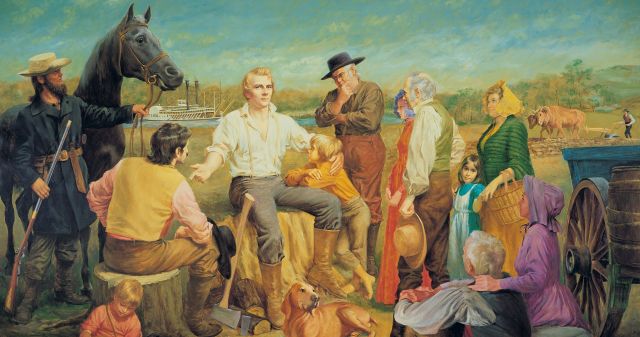To accompany your Come Follow Me study for November 10-16
In addition to reading these sections you will want to:
- Read Chapter 50: Doctrine and Covenants 129–30 (churchofjesuschrist.org)
- Read Chapter 51: Doctrine and Covenants 131; 132:1–33 (churchofjesuschrist.org)
- Read Chapter 52: Doctrine and Covenants 132:34–66; Official Declaration 1 (churchofjesuschrist.org)
- Read Joseph Smith’s Revelations, Doctrine and Covenants 129 (churchofjesuschrist.org)
- Read Joseph Smith’s Revelations, Doctrine and Covenants 130 (churchofjesuschrist.org)
- Read Joseph Smith’s Revelations, Doctrine and Covenants 131 (churchofjesuschrist.org)
- Read Joseph Smith’s Revelations, Doctrine and Covenants 132 (churchofjesuschrist.org)
- Read “Our Hearts Rejoiced to Hear Him Speak,” Revelations in Context, 277–80.
- Read “Mercy Thompson and the Revelation on Marriage” (Revelations in Context, 281–93);
- Read Saints, 1:290–92, 432–35, 482–92, 502–4;
- Read “Plural Marriage in The Church of Jesus Christ of Latter-day Saints” (Gospel Topics, topics.ChurchofJesusChrist.org);
- Watch the following videos:
If you would like a Kahoot game related to these sections which you could use with your family or your class, or which you could play or learn from individually by converting it to a “Challenge” version, click here https://create.kahoot.it/share/doctrine-and-covenants-129-132/f6ea9149-34cd-43fb-9276-978c065ccb41. To use it with a group, after clicking on this link, you will need to log into Kahoot, creating a free account if you have not done so previously, then click on the blue “Host Live” button or the gray “Assign” button, depending on how you wish to use the Kahoot. Some of the Kahoot questions may presuppose that the player has read through the suggested answers to the following Points to Ponder and at least has browsed the Institute student manual as well.
Points to Ponder in Doctrine and Covenants 129-132
1. How often have you needed the information in D&C 129? Of what practical value is this section?

2. If it is “contrary to the order of heaven for a just man to deceive,” how do you explain such seemingly appropriate deception as Nephi’s impersonation of Laban, Abraham’s denial of his relationship with Sarah, and Brigham Young’s escaping from his enemies by having William Miller dress up like him and pretend to be him?
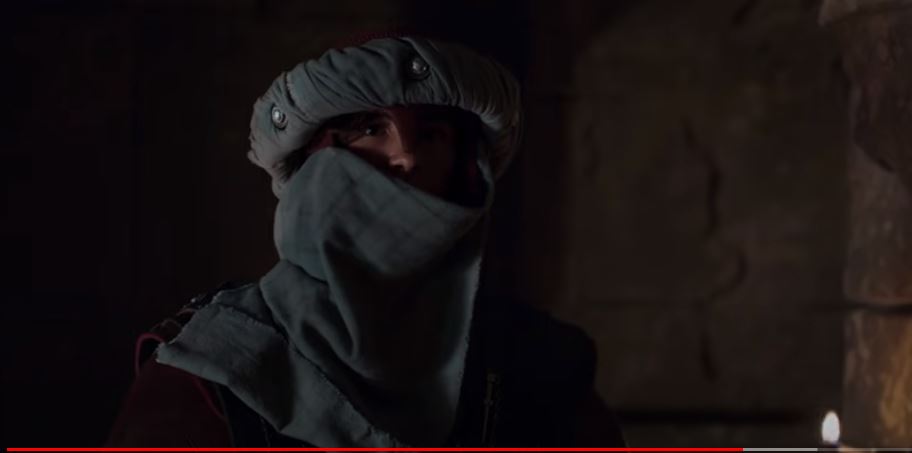
3. How literally are we to take 130:2? In the hereafter will we still attend parties, enjoy dances, tell jokes, and otherwise continue the same social patterns we enjoy here?
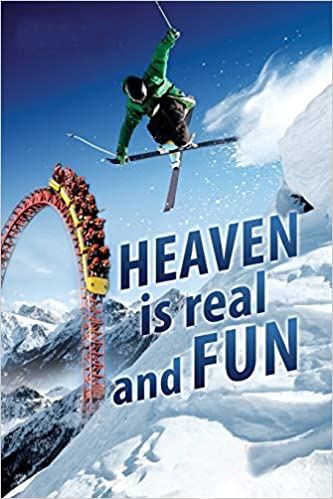
4. How do you explain the seeming contradiction between 130:3, which calls the idea of deity dwelling in a man’s heart “an old sectarian notion, and … false,” with Alma 34:36, which assures us that while the Lord won’t dwell in unholy temples, “in the hearts of the righteous doth he dwell”?
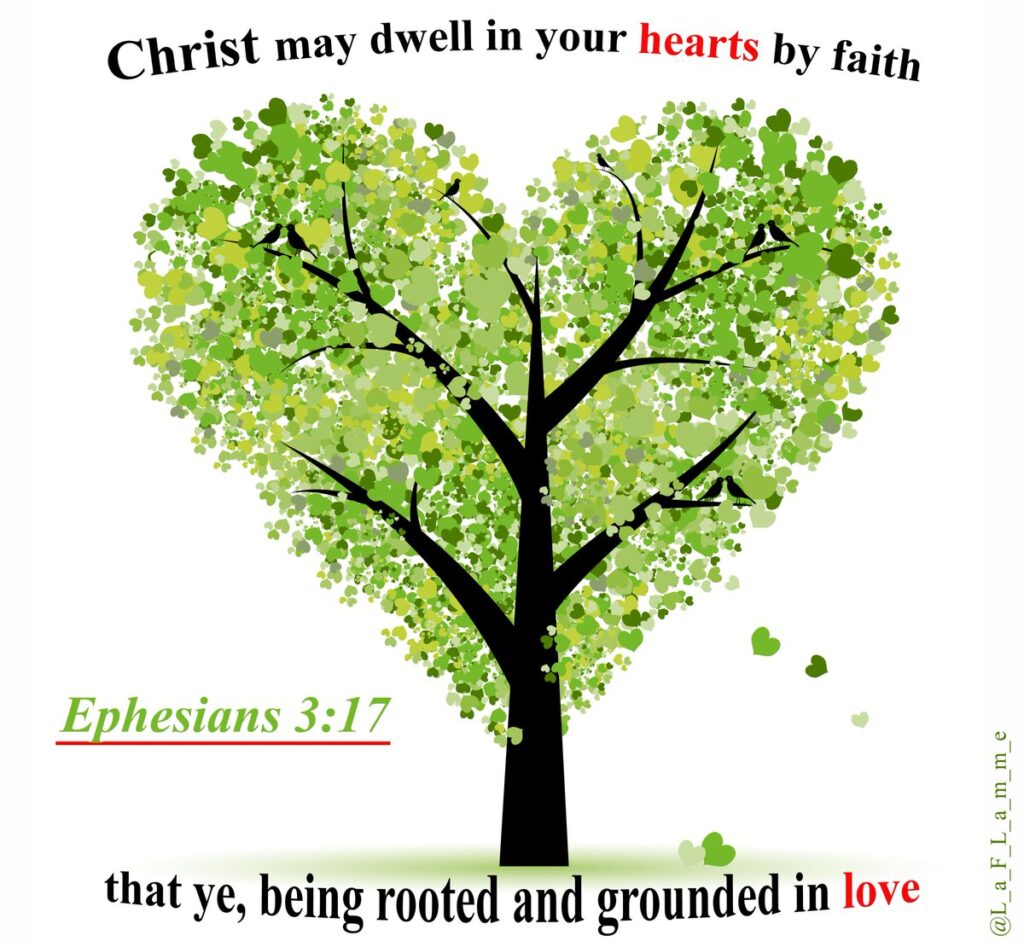
5. What do we learn in this week’s reading about the relationship of humans and angels?
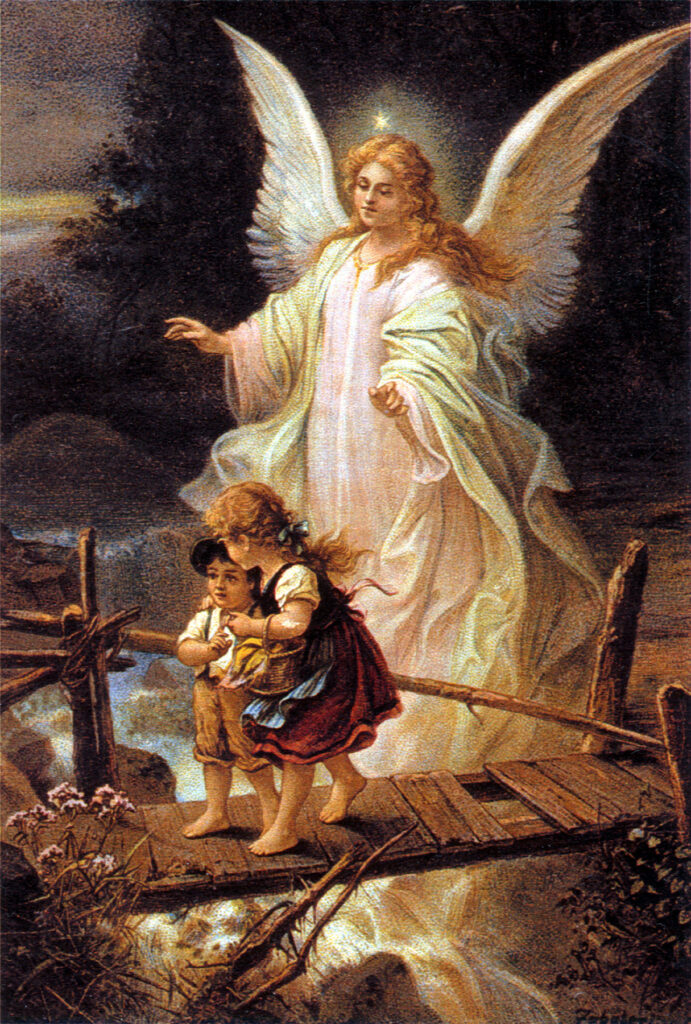
6. How will the celestialized earth be like “crystal” in the afterlife? Does that mean it won’t have trees and flowers and rivers on it? (130:7-9)

7. Does 130:10-11 mean everyone in the celestial kingdom has to walk around carrying a rock? If so, why? If not, what does it mean?

8. What does D&C 130 add to our understanding of D&C 87 concerning the Civil War?
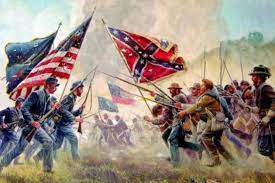
9. In D&C 130 Joseph Smith mentioned three possible interpretations for verse 15. What is a fourth possibility? Which of the four do you believe was the correct one?
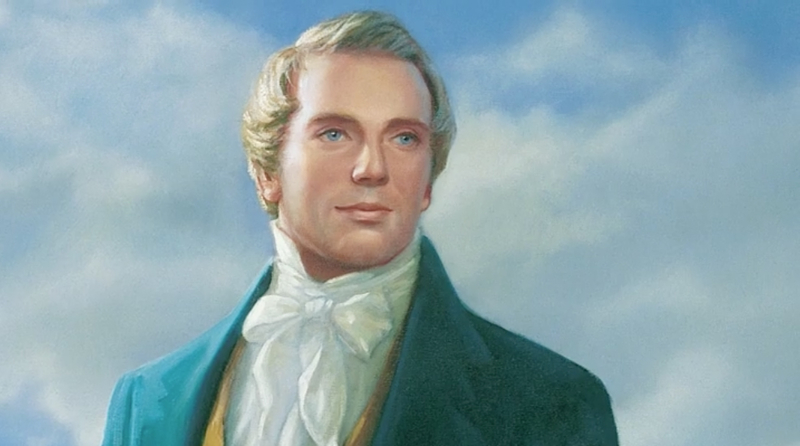
10. If properly understood, D&C 130:18-19 would be most likely to impel a person to
a. graduate from college
b. read the scriptures
c. read the scriptures and the encyclopedias
d. repent

11. Do you think 130:20-21 mean that there is a separate law controlling each desired blessing (e.g., health, wealth, testimony, protection, etc.) and that we must therefore study to know which law pertains to each blessing we want to receive or that once we decide to obey God’s law in general, we are then eligible for whatever combination of blessings he may decide is best for us?

12. Why would the Lord have waited until 1843 to reveal the information in D&C 130:22, which many would consider the most fundamental principle of Mormonism?
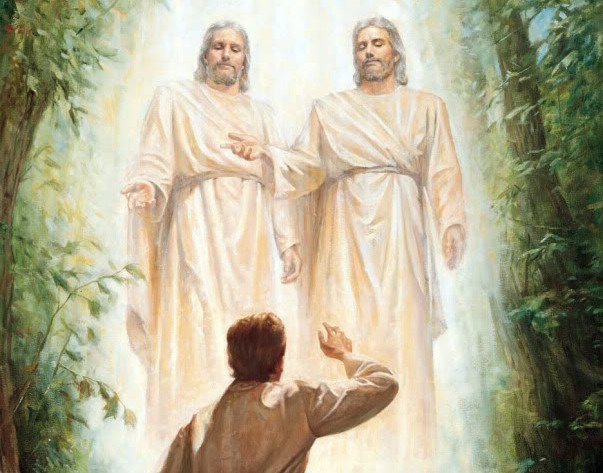
13. The usual way to interpret D&C 131:1 is that the celestial kingdom (as contrasted with the terrestrial or telestial) is divided into three sub-kingdoms, and that while we know what one must do to enter into the top sub-kingdom, we know nothing about what differentiates the lower two sub-kingdoms. Can you think of another feasible interpretation for this passage?
14. Why would the Lord deny exaltation to someone who had done everything else right but had simply never married?
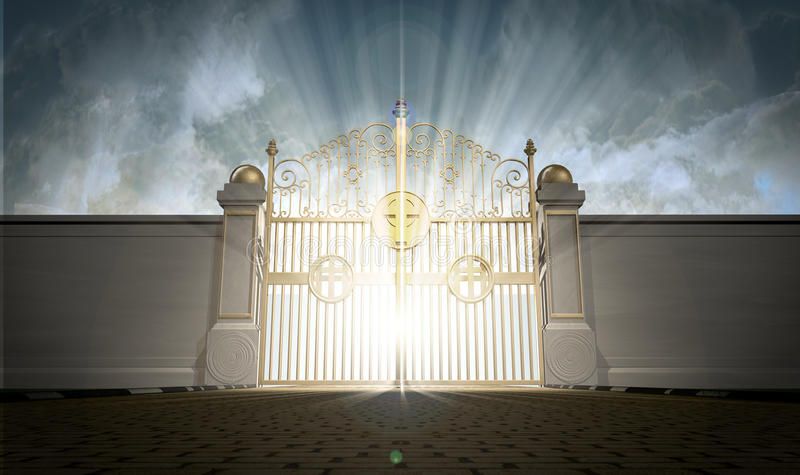
15. What significance is there in the fact that D&C 131:5-6, which are here divided into two verses, was all part of the same paragraph in the original?
16. What difference does it make to know that “spirit is matter”? (D&C 131)
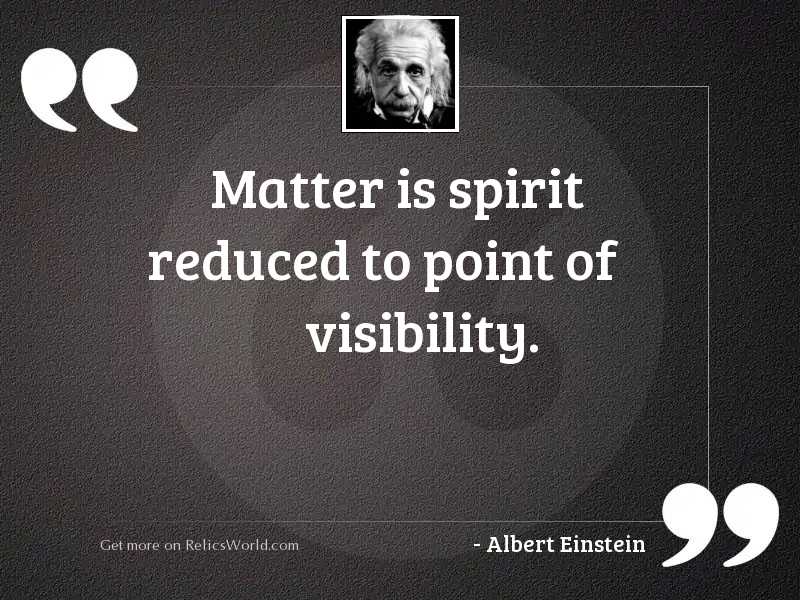
17. What were the circumstances which brought forth the revelation recorded in D&C 132?
18. Since Joseph Smith received the essence of D&C 132 in 1831, why did he not record it until 12 years later? Why did he finally record it then?
19. In what sense did Joseph Smith get “more than he bargained for” in D&C 132?
20. Since as 132:7 says, “there is never but one on the earth at a time on whom this power and the keys of this priesthood are conferred,” how is it that men other than the President of the Church are able to perform valid temple marriages?
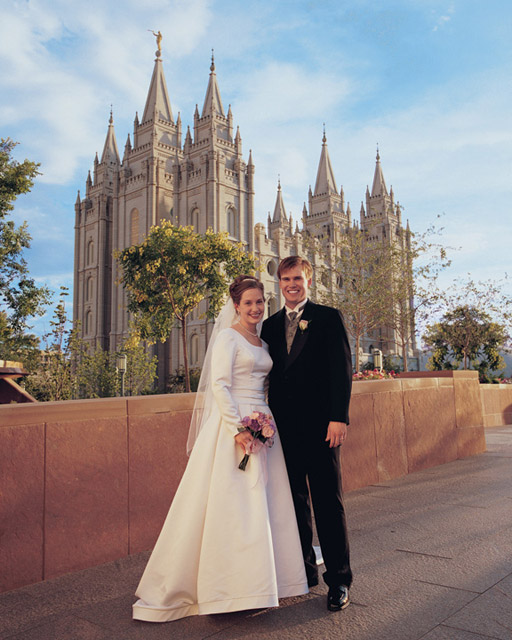
21. The first D&C had a section on marriage which indicated that monogamy was the proper approach. That section was removed when D&C 132 was put in, authorizing plural marriage. Now that the Church no longer practices plural marriage, what reason is there to retain D&C 132? Why not remove it and go back to the original section?
22. Can you convey the essence of the rather wordy verse in 132:7 by extracting just 15 words in the order in which they appear?
23. Does 132:15-20 mean a man has to be either a god or a bachelor in the next life? Isn’t there a middle ground? Couldn’t he have an eternal marriage without having to be an administrator?
24. On the surface 132:19&26 make it appear that one who has been married in the temple can get away thereafter with anything but murder. What two possible explanations can you find or think of for these puzzling passages?
25. What verses in 132 give us the most insight concerning what Joseph Smith may have understood the phrase in 110:12 to mean concerning the “dispensation of the gospel of Abraham”?
26. D&C 132:3-4 could be taken to mean that all to whom the law of plural marriage is revealed have to live that law in order to be exalted. What hope is there for us then who live in a time when the law forbids plural marriage?
27. How do you reconcile 132:37, which praises Abraham, Isaac, and Jacob for doing “none other things than that which they were commanded,” with D&C 58:26-29, which says we shouldn’t be commanded in all things?
28. How do you reconcile the harsh judgment of 132:39 against David with the indication in 2 Samuel 12:13 that the Lord had forgiven him?
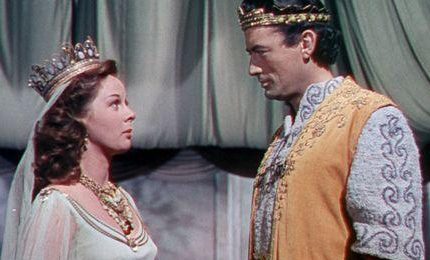
29. Which passage in 132 has the best counsel for how husbands and wives can get along with each other compatibly?

30. What if a new convert couple isn’t sure they want each other for eternity? Are they obligated to go to the temple anyway?
31. Would the Lord really keep husbands and wives apart in the next life just because they weren’t married in the temple? Can’t even those in the telestial kingdom associate with friends from their days on earth? If so, why couldn’t husbands and wives continue to associate with each other? Is there a kind of solitary confinement for everyone except those married in the temple?
Possible Answers to Points to Ponder in Doctrine and Covenants 129-132
1. How often have you needed the information in D&C 129? Of what practical value is this section?
I have never heard of anyone since D&C 129 came forth who has actually had occasion to use this information on detecting spirits by shaking hands, though it appears possible from 128:20 that Joseph Smith had such an experience under Michael’s tutelage prior to this time. Perhaps Satan knows that his tactics have been unmasked here so doesn’t try any longer. Or perhaps there have been cases where the information has been put to practical use that I am simply unaware of. Possibly the greatest value of this section at present is to serve as a monument to the Lord’s power over Satan and his willingness to help the faithful avoid deception.
2. If it is “contrary to the order of heaven for a just man to deceive,” how do you explain such seemingly appropriate deception as Nephi’s impersonation of Laban, Abraham’s denial of his relationship with Sarah, and Brigham Young’s escaping from his enemies by having William Miller dress up like him and pretend to be him?
None of these cases involved an attempt to take advantage of another for personal gain but only to protect oneself while on the Lord’s errand. Abraham, in fact, was commanded by the Lord to deceive Pharaoh.
3. How literally are we to take 130:2? In the hereafter will we still attend parties, enjoy dances, tell jokes, and otherwise continue the same social patterns we enjoy here?
We’ll find out! Just as many of the amusements we enjoyed as children are no longer exciting to us, we may find eventually that we no longer get the same excitement or enjoyment out of some of our current activities, but it appears that the principle of socializing and enjoying each other’s company will continue. I’m not sure I can picture the Lord telling jokes, but I’m confident he smiles. I think I can find evidence in the scriptures, too, that he has what might be called a divine sense of humor. Some, in fact, would point to many of us as evidence of that!
4. How do you explain the seeming contradiction between 130:3, which calls the idea of deity dwelling in a man’s heart “an old sectarian notion, and … false,” with Alma 34:36, which assures us that while the Lord won’t dwell in unholy temples, “in the hearts of the righteous doth he dwell”?
The rest of the Christian world views God not as a person but as an omnipresent force. We (with Alma) recognize that God himself can be in only one place at a time, but that through his Spirit he can in a sense “dwell” in the hearts of the righteous.
5. What do we learn in this week’s reading about the relationship of humans and angels?
We’re related! Angels are only pre-mortal or post-mortal humans who either have lived or will yet live on this planet. No one else but Latter-day Saints understand this.
6. How will the celestialized earth be like “crystal” in the afterlife? Does that mean it won’t have trees and flowers and rivers on it? (130:7-9)
Presumably it will be like crystal only in its light transmitting properties. We have every indication that it will have all the beauty we could hope for, including the plant and animal creations.
7. Does 130:10-11 mean everyone in the celestial kingdom has to walk around carrying a rock? If so, why? If not, what does it mean?
We presume this is symbolic.
8. What does D&C 130 add to our understanding of D&C 87 concerning the Civil War?
That Joseph Smith had been told the war would probably arise over the slave question and that the war would actually begin in South Carolina, which is not as clear from D&C 87.
9. In 130 Joseph Smith mentioned three possible interpretations for verse 15. What is a fourth possibility? Which of the four do you believe was the correct one?
Fourth possibility: Since the Lord knew that Joseph wouldn’t live to age 85, the rest of the promise could be considered null and void. I’m personally a inclined toward this option.
If properly understood, D&C 130:18-19 would be most likely to impel a person to
graduate from college
read the scriptures
read the scriptures and the encyclopedias
10. repent
d. repent
11. Do you think 130:20-21 mean that there is a separate law controlling each desired blessing (e.g., health, wealth, testimony, protection, etc.) and that we must therefore study to know which law pertains to each blessing we want to receive or that once we decide to obey God’s law in general, we are then eligible for whatever combination of blessings he may decide is best for us?
I think there is some truth in both interpretations. I think that general faithfulness is a prerequisite to any blessing from God, but that in addition one must exercise if he wants a strong body, study if he wants knowledge, date if he wants to find a marriage partner, etc.
12. Why would the Lord have waited until 1843 to reveal the information in D&C 130:22, which many would consider the most fundamental principle of Mormonism?
Probably because:
- Joseph may not have learned this information himself until several years after the First Vision. There is no evidence that in that vision he shook hands with God to ascertain his physical nature. And some years later Joseph either gave or approved a lecture on faith for the School of the Prophets that indicated his understanding that while the Savior had a body of flesh and bones, the Father was a personage of spirit.
- Because it really isn’t the most important thing to know about the gospel or about God.
13. The usual way to interpret D&C 131:1 is that the celestial kingdom (as contrasted with the terrestrial or telestial) is divided into three sub-kingdoms, and that while we know what one must do to enter into the top sub-kingdom, we know nothing about what differentiates the lower two sub-kingdoms. Can you think of another feasible interpretation for this passage?
Quite plausibly the word “celestial” is used here in the general sense to mean “heavenly,” rather in the specific sense that we usually use the word. The three “heavens or degrees” in that kingdom may therefore be simply the celestial, terrestrial, and telestial. This would seem to make sense, since D&C 76 assures us that those in the highest kingdom (the “celestial”) are “equal,” which would argue against there being three separate echelons therein.
14. Why would the Lord deny exaltation to someone who had done everything else right but had simply never married?
He’ll deny exaltation to anyone who declines to keep any of his commandments–or better said, such a person declines himself to be exalted. The very essence of exaltation, of course, is to have eternal increase over whom one would preside, and without marriage such would be impossible. This has no reference, of course, to someone who would like to have married in this life but who never had an acceptable opportunity.
15. What significance is there in the fact that D&C 131:5-6, which are here divided into two verses, was all part of the same paragraph in the original?
The original implication was that it is impossible to be saved in ignorance of our having been sealed up to eternal life, not in ignorance of other knowledge, religious or secular.
16. What difference does it make to know that “spirit is matter”?
It makes the whole idea of spiritual realities more scientifically appealing and sensible.
17. What were the circumstances which brought forth the revelation recorded in D&C 132?
Joseph Smith had been working on the JST and had asked how the Lord justified ancient prophets in practicing plural marriage.
18. Since Joseph Smith received the essence of D&C 132 in 1831, why did he not record it until 12 years later? Why did he finally record it then?
Presumably he didn’t immediately record it because it was rather sensitive information, and he knew it would arouse all kinds of opposition, which it did. He finally recorded it at the urging of Hyrum, who thought he could convince Emma of its authenticity if he could show her a copy in writing.
19. In what sense did JS get “more than he bargained for” in D&C 132?
He was just curious about plural marriage, not aspiring to live it, but the revelation not only answered his question but indicated he would be required to enter the practice.
20. Since as 132:7 says, “there is never but one on the earth at a time on whom this power and the keys of this priesthood are conferred,” how is it that men other than the President of the Church are able to perform valid temple marriages?
One doesn’t need the “keys” in order to perform temple marriages, but he does need to be authorized by the one who holds those keys.
21. The first D&C had a section on marriage which indicated that monogamy was the proper approach. That section was removed when D&C 132 was put in, authorizing plural marriage. Now that the Church no longer practices plural marriage, what reason is there to retain D&C 132? Why not remove it and go back to the original section?
At least 2 reasons:
- D&C 132 has much more than plural marriage–it contains the doctrine of eternal marriage, which the original section did not. The original section was not a revelation in the first place but was authored by Oliver Cowdery to explain the Church’s position on marriage. While it reflected Oliver’s understanding, Joseph already knew it was incomplete.
- Furthermore, we make no apology for having practiced plural marriage as a Church in obedience to the Lord. D&C 132 remains as a monument to the courageous and obedient men and women who lived through those challenging times.
22. Can you convey the essence of the rather wordy verse in 132:7 by extracting just 15 words in the order in which they appear?
All covenants … not … sealed by the Holy Spirit … are of no efficacy … after the resurrection.
23. Does 132:15-20 mean a man has to be either a god or a bachelor in the next life? Isn’t there a middle ground? Couldn’t he have an eternal marriage without having to be an administrator?
No, though a god is much more than an “administrator.” God gives eternal marriage (and procreative) opportunities only to those who are prepared to bless their offspring as He does His.
24. On the surface 132:19&26 make it appear that one who has been married in the temple can get away thereafter with anything but murder. What two possible explanations can you find or think of for these puzzling passages?
- Repentance, while not stated, is implied as being essential to the fulfillment of the promises.
- The promises apply only to those who have been “sealed … by the Holy Spirit of Promise,” in other words a much smaller group than those who have merely been married in the temple.
25. What verses in 132 give us the most insight concerning what Joseph Smith may have understood the phrase in 110:12 to mean concerning the “dispensation of the gospel of Abraham”?
29-32
26. D&C 132:3-4 could be taken to mean that all to whom the law of plural marriage is revealed have to live that law in order to be exalted. What hope is there for us then who live in a time when the law forbids plural marriage?
These verses presumably apply to the entire law of eternal marriage, not specifically or uniquely to plural marriage. However, to be exalted, one must keep whatever commandments God chooses to give him. All who are commanded to enter plural marriage must do so to be exalted. Likewise, those who are commanded not to must refrain from it.
27. How do you reconcile 132:37, which praises Abraham, Isaac, and Jacob for doing “none other things than that which they were commanded,” with D&C 58:26-29, which says we shouldn’t be commanded in all things?
The passage means they did nothing contrary to what they were commanded, not that they did nothing until commanded.
28. How do you reconcile the harsh judgment of 132:39 against David with the indication in 2 Samuel 12:13 that the Lord had forgiven him?
The forgiveness of 2 Samuel 12:13 evidently applied only to temporal penalties. In other words, David would not be executed, but he did lose his eternal opportunities, as Acts 2:25-34 seems also to attest.
29. Which passage in 132 has the best counsel for how husbands and wives can get along with each other compatibly?
Maybe v. 56
30. What if a new convert couple isn’t sure they want each other for eternity? Are they obligated to go to the temple anyway?
Their first task would probably be to work on their marriage and get it to the point that they would want each other eternally, with confidence that with the help of the Lord each would become what the other would be happy with.
31. Would the Lord really keep husbands and wives apart in the next life just because they weren’t married in the temple? Can’t even those in the telestial kingdom associate with friends from their days on earth? If so, why couldn’t husbands and wives continue to associate with each other? Is there a kind of solitary confinement for everyone except those married in the temple?
There is no reason to think they will be kept apart or can’t be friends, but they won’t have a husband and wife relationship, with the privilege of eternal increase, etc.
